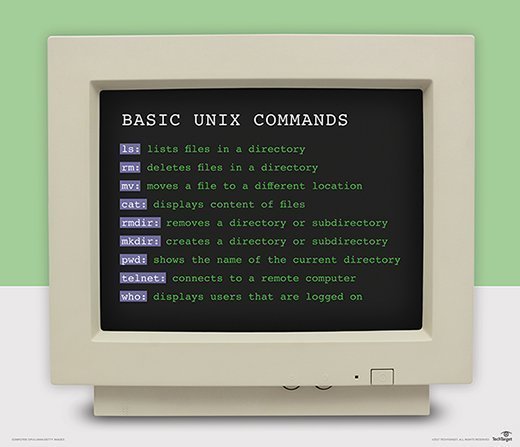C shell
What is C shell (csh)?
C shell (csh) is a Unix shell that provides a command-line user interface (UI) to interact with an operating system (OS). Created by Bill Joy at the University of California at Berkeley in the late 1970s, C shell is one of the oldest Unix shells used today. It was developed as an alternative to Unix's original shell, the Bourne shell. These two Unix shells and the Korn shell are the three most used shells.
What is C in shell script?
The C shell program name is csh, and the shell prompt (the character displayed to indicate readiness for user input) is the % symbol. C shell was created for programmers who prefer a syntax similar to that of the C programming language.
The C shell serves as both an interactive command interpreter and a command programming language. Its syntax bears a resemblance to that of the C programming language. The command used to initiate the C shell is "csh." Upon logging in, the csh command will search for the system-wide setup file located at /etc/csh.cshrc.
This file is an integral component of the C shell's operation, letting system administrators configure the environment according to their requirements. Key features include an interactive CLI; several built-in commands; and features that make it user-friendly, such as a history mechanism and a job control mechanism.
C shell also provides several programming constructs -- including loops, conditional statements and functions -- that let users write scripts and automate repetitive tasks. It is also highly customizable. For example, C shell users can customize its behavior by modifying their configuration files.
The other popular member of the C shell family is called tcsh (for Tab C shell), an extended version of C shell. Some of tcsh's added features are enhanced history substitution (which lets users reuse commands they have already typed), spelling correction and word completion (which lets users type the first couple of letters in a word and hit the Tab key to have the program complete it).

What is the difference between C shell and BASH?
BASH, a shell fully compatible with Bourne-shell, is a powerful and widely used CLI in the Unix/Linux environment. BASH's syntax is based on Bourne-shell, with added features like command line editing, improved signal handling and extended globbing, making BASH a preferred choice for many shell scripting tasks.
One of the significant advantages of BASH over csh is its enhanced capability for shell scripting. BASH provides a broad range of features for automating repetitive tasks and performing complex operations, making it more suited for shell scripts. In contrast, csh, while more suited for interactive use, lacks the advanced features required for sophisticated shell scripting.
Furthermore, BASH's advanced signal handling capabilities let it handle complex signal interactions, making it highly reliable and effective for system administration and automation tasks. With BASH, system administrators can easily monitor system processes, automate backups and perform other essential tasks with ease.
What is Shell sort in C?
The C programming language employs the Shell sort algorithm. This arranges the elements of an array by first sorting pairs of widely spaced elements, gradually decreasing the gap between the elements to be sorted. The Shell sort is a variant of the insertion sort algorithm known for effectively sorting large datasets. Its implementation in C offers a practical solution for sorting tasks in computer programming.
What are command shells?
A command shell functions as a file manager in a text-based format, analogous to the Finder on macOS or Microsoft Windows Explorer on Windows. It is continuously tied to a particular folder (or directory) on a user's computer, making it possible to both access and manipulate files and directories in that location.
What is C shell in Linux?
As Linux is a Unix-like OS, there is no difference. C shell is a command-line interpreter program in Linux.
